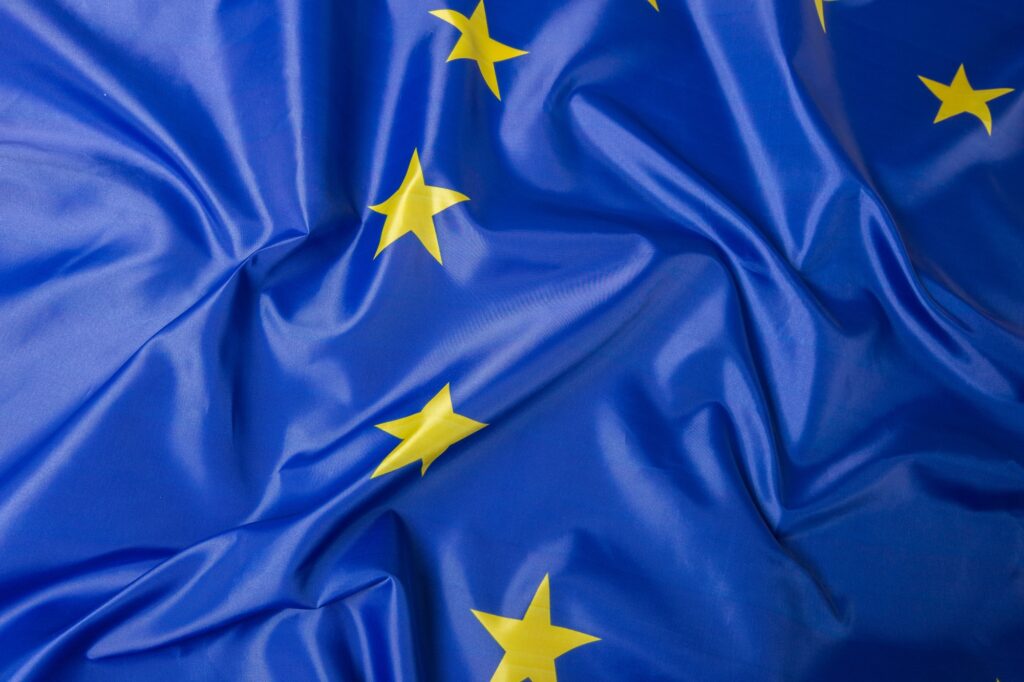Introduction
In a significant move to strengthen bilateral relations, the European Union (EU) and Kazakhstan are actively working towards a visa facilitation agreement. This initiative aims to simplify the Schengen visa application process for Kazakh citizens, reflecting a mutual commitment to enhancing mobility, economic cooperation, and cultural exchange. As Kazakhstan continues to emerge as an important strategic partner in Central Asia, these efforts highlight the EU’s dedication to fostering stronger ties.
Key Takeaways
- The EU and Kazakhstan are focusing on reaching a visa facilitation agreement.
- Discussions have been held to identify priorities under Poland’s presidency of the Council of the EU.
- Easing visa requirements requires consensus among all Schengen countries.
Recent Developments
On January 27, 2025, EU Ambassador to Kazakhstan, Aleška Simkić, met with Kazakhstan’s Deputy Prime Minister and Foreign Minister, Murat Nurtleu, to discuss strengthening their strategic partnership. A primary focus of this meeting was the advancement of a visa facilitation agreement, which would ease the process for Kazakh citizens traveling to Schengen countries.
Ambassador Simkić emphasized that Kazakhstan is viewed positively within the EU and is not considered a migration risk. However, she noted that broader geopolitical and migration-related challenges have slowed progress. Despite these hurdles, the ambassador expressed optimism, stating her desire to see the agreement finalized during her tenure, underscoring the importance of this partnership.
Background
The journey towards visa facilitation officially began in June 2024, when the EU and Kazakhstan launched formal discussions aimed at simplifying Schengen visa procedures. The goal of these talks is to reduce consular fees, extend visa validity periods, shorten application processing times, and create a standardized list of required documents. These changes are expected to make travel more accessible for Kazakh citizens, promoting tourism, business, and educational exchanges.
In October 2024, both parties reaffirmed their commitment to deepening cooperation. They expressed readiness to prepare negotiations not only for a Visa Facilitation Agreement but also for a Readmission Agreement, which would regulate the return of individuals residing without authorization. This dual approach highlights the EU’s comprehensive strategy for managing mobility while ensuring security and legal compliance.
Challenges and Considerations
Despite the positive momentum, several challenges remain. One of the primary hurdles is the requirement for unanimous approval from all Schengen Area countries to implement visa facilitation measures. This consensus is often difficult to achieve, as individual countries may have differing priorities and concerns related to migration and security.
Ambassador Simkić acknowledged these complexities but remained hopeful, emphasizing that Kazakhstan is not viewed as a migration risk. She highlighted the broader geopolitical context, where migration issues have become increasingly sensitive across Europe. Nevertheless, the EU remains committed to advancing the visa facilitation process, recognizing its importance for strengthening ties with Kazakhstan and supporting greater people-to-people connections.
Potential Impact
If successfully implemented, the visa facilitation agreement will have a profound impact on Kazakhstan-EU relations. Easier access to Schengen countries will benefit Kazakh students, business professionals, tourists, and cultural ambassadors. It will also promote economic growth by encouraging cross-border investments, partnerships, and collaborations in various sectors.
Moreover, this agreement symbolizes the EU’s recognition of Kazakhstan’s growing role on the international stage. By simplifying visa procedures, the EU not only enhances bilateral ties but also contributes to Kazakhstan’s broader integration into the global community.
Opinion
In my view, the ongoing efforts between the EU and Kazakhstan to simplify visa procedures reflect a shared commitment to fostering stronger diplomatic, economic, and cultural connections. By addressing existing challenges and promoting collaboration, both parties are paving the way for a more integrated and cooperative future.
These negotiations are more than just bureaucratic adjustments; they represent a vision of mutual respect and partnership. The success of this initiative will not only ease travel for Kazakh citizens but also serve as a model for future EU engagements with other countries in the region.
Conclusion
The pursuit of a visa facilitation agreement between the EU and Kazakhstan is a testament to the strength and potential of their strategic partnership. While challenges remain, the shared determination to enhance mobility and cooperation is clear. As both sides continue to work towards this goal, the benefits for individuals, businesses, and governments will be substantial, fostering a deeper, more dynamic relationship between Kazakhstan and the European Union.
#Kazakhstan
Source – schengen.news










